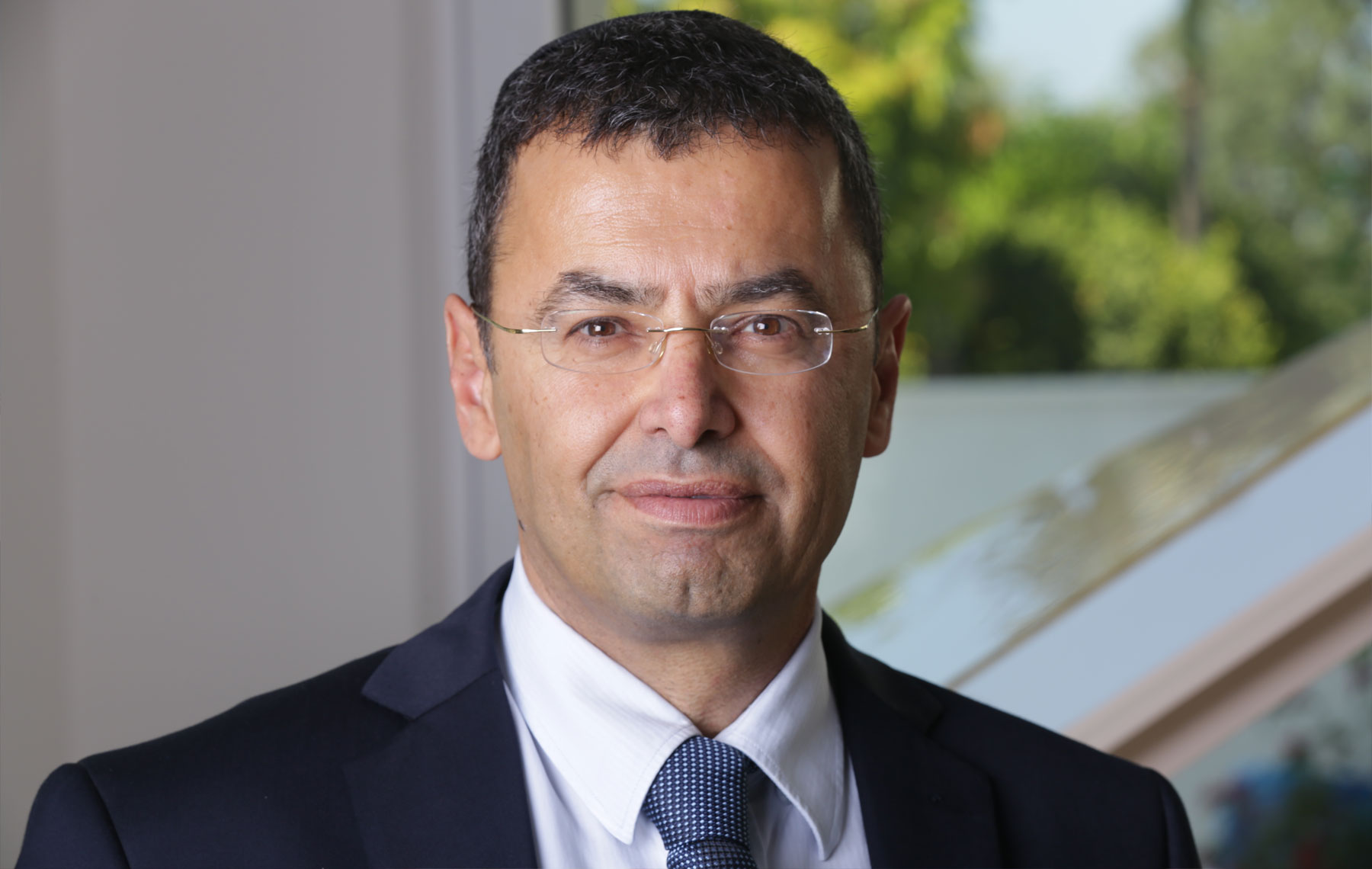 Natan Barak
Natan Barak If mPrest’s command-and-control system is the nerve center of Israel’s Iron Dome missile defense system, then founder and CEO Natan Barak is its cerebrum. Barak, however, argues that some of the real smarts behind his technology stem from the legions of Charedi women he employs.
A retired Navy colonel, Barak won Israel’s prestigious Defense Prize for his contribution to the Jewish state’s national security with the Iron Dome (developed together with Rafael Advanced Defense Systems). Sensors all over Israel report on airborne metal, which is then identified as an incoming projectile and then the system calculates if it’s going to land in population centers or deserted areas. In each instance, the system determines solutions for hundreds of real-time scenarios.
Because mPrest’s command-and-control is flexible and generic, it can be adapted to almost any system in the world. For that reason, mPrest has since moved from defense to civilian solutions and, according to Barak, now operates in almost every country, powering IoT (internet of things) capacities: smart water utilities, smart energy, smart agriculture, vehicle tracking and even natural disaster forecasting.
“First of all, we saved lives but now we want to make life more beautiful by increasing efficiency and reducing costs,” Barak said.
As with the Iron Dome, the system collects data before a natural disaster from tens of thousands of sensors, radars and drones and concentrates them into a single picture to determine the impact on critical infrastructure and facilities.
“Everyone thinks we are the startup nation because of our defense activity, but the truth is, [it’s] because we were learning Talmud for many years.”
Netafim, the Israeli company famous for pioneering drip-irrigation technology, started to use mPrest’s systems in a bid to overhaul its model. Now mPrest is enabling Netafim to remotely manage thousands of farms around the world, and that number is set to swell to tens of thousands by the end of the next year, Barak said.
Another mPrest client, New Zealand’s electricity and gas distributor Vector Limited, recently made a $10 million investment in the firm, joining the ranks of existing investors including OurCrowd, Rafael, GE Ventures, Israel Electric Corp. and Angeleno Group.
Barak doesn’t wear a kippah but is Orthodox and a graduate of Bnei Akiva yeshiva. A strong advocate for Charedi women in the workforce, he runs a team comprised exclusively from that demographic. Although he admits that there are challenges to running such a team, such as frequent maternity leaves, the benefits far outweigh the pitfalls. “They do the same work as engineers — they’re no less good,” he said. In addition to being smart and quick learners, they also contribute to a positive work environment. “They are very devoted. They don’t waste time on Facebook and they are very, very straight,” he said, citing the example of an employee who asked permission before taking the time to make a personal phone call.
Barak said that his Torah background probably had more to do with the trajectory his life took than his illustrious military career. The logic behind his theory applies also to Israel itself. “Everyone thinks we are the startup nation because of our defense activity, but the truth is, we are the startup nation because we were learning Talmud for many years,” he said. “The whole Talmud is about differentiators. One rabbi will say one thing and one rabbi will contradict. It’s about arguing, questioning and analyzing. This is the power and the beauty of our nation.”






















 More news and opinions than at a Shabbat dinner, right in your inbox.
More news and opinions than at a Shabbat dinner, right in your inbox.